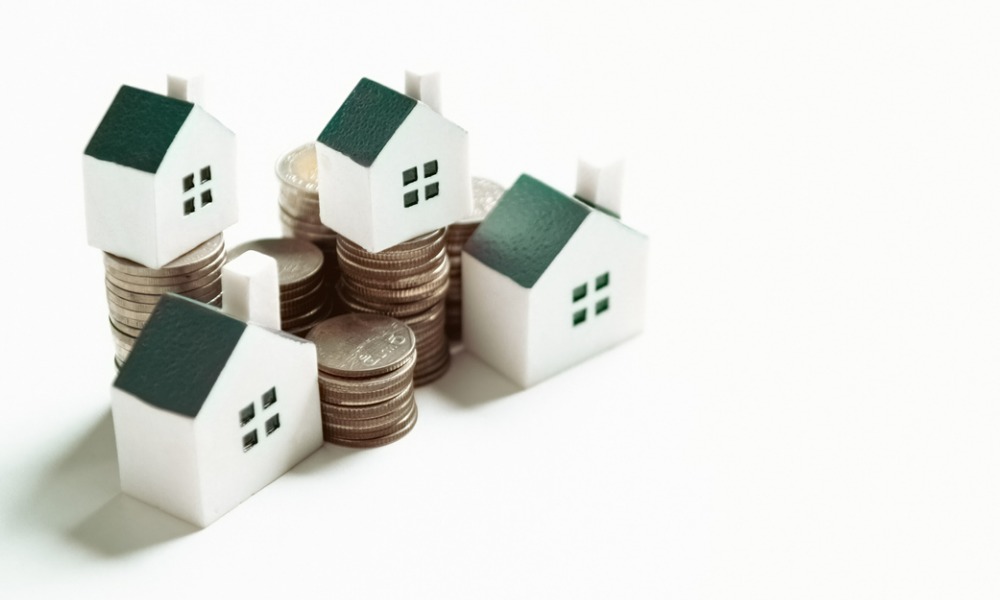Mortgage interest payments have doubled to more than $22 billion, ABS finds

Mortgage interest repayments have surged at a much faster pace than rental costs in the past year, highlighting the strain faced by homeowners as opposed to renters amid multiple interest rate hikes, according to economists.
An analysis of data from the Australian Bureau of Statistics reveals that mortgage interest payments have doubled from around $11 billion to over $22 billion in the latest March quarter following 12 rate increases by the Reserve Bank of Australia, The Australian reported. In comparison, rental costs saw a modest increase of $1.3 billion, with national spending on rent rising from $18 billion to $19.3 billion during the same quarter.
This marks the first time in over a decade that total mortgage interest payments have surpassed total national spending on rents, The Australian reported.
Warren Hogan, chief economist at Judobank, pointed out that the rising mortgage costs have had a much more significant impact on households with mortgages than on renters, highlighting the financial burden faced by homeowners.
“In the past year, it’s clear that mortgage costs have gone up a lot more than rents,” Hogan told The Australian. “This shows the cash flow pressures from rate rises are being felt much more on households with a mortgage than those that rent. This shows where the pressure is being brought to bear, and mortgage holders are really feeling the burden a lot more than renters in terms of the cost of housing.”
The disparity between mortgage and rental costs comes as state and federal governments push for stronger rights for renters, with state housing ministers developing policy options to address the issue, The Australian reported. In line with this, the New South Wales government has appointed a rental commissioner to oversee reforms aimed at ending no grounds evictions, promoting longer-term rental agreements, and making it easier for renters to have pets.
However, the Greens' push to increase renters' rights has raised concerns among real estate industry professionals. Hayden Groves, president of the Real Estate Institute of Australia, warned that such measures could discourage property investment, leading to a decrease in the housing supply and further driving up rents.
“We are concerned about the Greens getting their way in this space because we know rents have risen but they haven’t risen anywhere near as quickly for those taking on the risk of property investment, and having to hang on to that asset is getting harder and harder,” Groves told The Australian. “It’s part of the reason we are seeing this flight of housing stock, properties being sold and not going back into the rental pool, further exacerbating the problem. Even governments just talking about rent caps further deters investors into the market, which feeds into a lack of supply, which means rents continue to rise.”
The opposition housing spokesman, Michael Sukkar, criticised the Albanese government for focusing on "fringe issues" rather than addressing persistently high inflation and interest rates. Commonwealth Bank senior economist Belinda Allen told The Australian that mortgage holders, who tend to have higher incomes, are generally in a better financial position to weather the impact of rate increases than renters, who often have lower incomes.
Amid the ongoing debate over the Labor Party's $10 billion Housing Australia Future Fund, Housing Minister Julie Collins reaffirmed the government's commitment to tackling housing affordability challenges faced by both renters and homebuyers, The Australian reported.
Meanwhile, Greens economic justice spokesman Nick McKim called on Labor to intervene and prevent the Reserve Bank of Australia from increasing rates while advocating for the introduction of rent controls.
Have something to say about this story? Let us know in the comments below.



